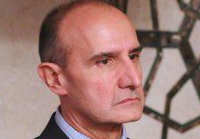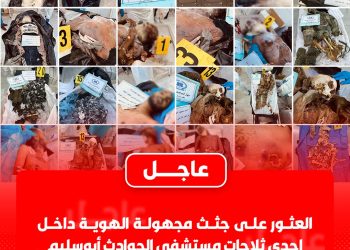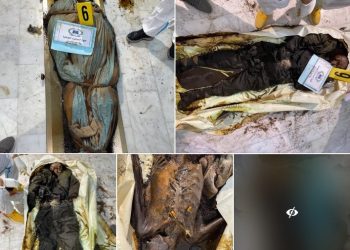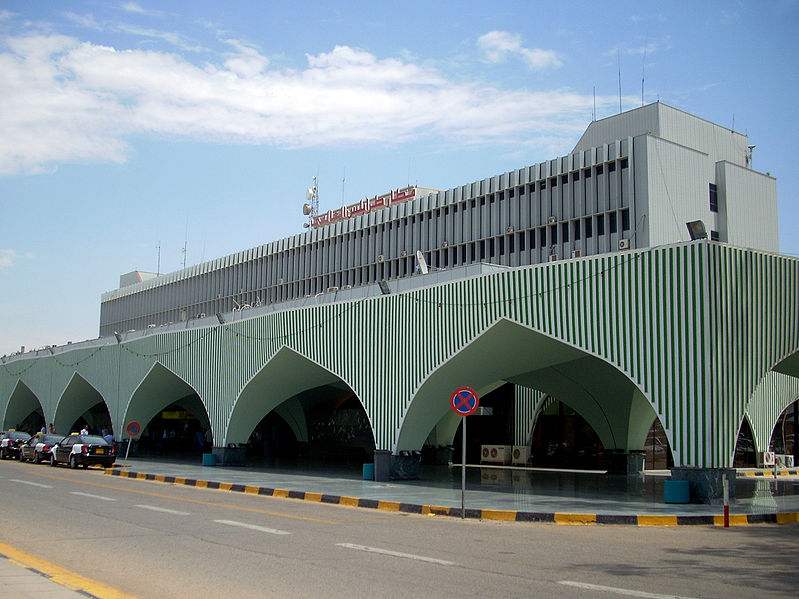By Libya Herald reporters.

Tunis, 20 December 2015:
UNSMIL chief Martin Kobler has sent his security adviser, the Italian general Paolo Serra, to . . .[restrict]Tripoli to talk about security for the new Government of National Accord when it moves, as planned, to the capital.
Kobler told the news agency AFP today that Serra was in negotiation with “security actors” on the ground.
“We hope to have an agreement with everybody“ he said, “the regular army, the regular police but also militias, so that the government can go back and of course, UNSMIL has to go back to Tripoli also”.
UNSMIL pulled out of Tripoli in the summer of 2014 along with most other diplomatic missions, in the face of collapsing security. Attempts to lure embassies back were stymied by the concern that a return would signify recognition of Libya Dawn, the rump of the General National Congress and the governments that hit had appointed.
In part because of its close economic ties and many workers in Libya, Tunisia reopened its consulate in Tripoli this March, only to close it four months later when the building was stormed and ten of its staff were kidnapped. Tunisia had protested all along that its reactivation of consular services did not signify any recognition of the Libya Dawn government.
Serra will have encountered a complex pattern of armed groups, many of whom refuse to recognise the deal signed in Skirhat this week. They would therefore be little inclined either to protect or promise not to interfere with the new prime minister Faiez Serraj or his 16-member presidential council.
In recent weeks, as the new government finally appeared on the cards, diplomats said privately that trying to create a Baghdad-style Green Zone from which the government, UNSMIL and embassies could work was not an option. Ministers needed to be in their new ministries, not hidden behind high walls.
Libya Dawn has said repeatedly that it has security under control in the capital. Yet kidnappings, carjackings and robberies are rife and extrajudicial arrests, including of journalists both Libyan and foreign, not infrequent. There has also been fighting between militias. [/restrict]










